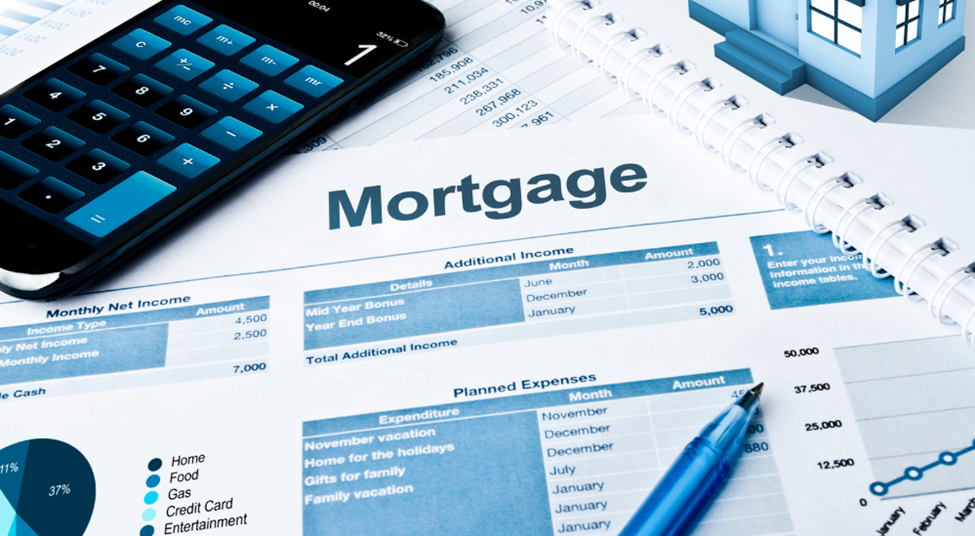
Second mortgages can be a smart way to access additional funds by leveraging the equity in your home. However, understanding the interest rates attached to second mortgages is essential to making informed financial decisions. Factors like your credit score, loan amount, and housing market trends can significantly affect second mortgage rates. Knowing these factors helps borrowers assess whether a second mortgage is right and how to secure the best terms possible. This article will explain the key elements influencing these rates and why they matter.
Credit Score and Its Impact
Your credit score plays a significant role in determining the interest rate on your second mortgage. Lenders assess your credit history to gauge the risk of lending to you. A higher credit score suggests you're a reliable borrower, which often translates to lower rates.
On the other hand, borrowers with lower credit scores might face higher rates to compensate for perceived risks. If your score has improved since your first mortgage, you may qualify for better terms when applying for a second one.
Improving Your Credit
Paying down debt and regularly monitoring your credit report can improve your score over time, potentially lowering rates on future loans.
Loan-to-Value Ratio (LTV)
The Loan-to-Value ratio measures how much equity you have in your home compared to the loan amount you want to borrow. Lenders use this ratio to evaluate how much risk is involved in granting you a second mortgage.
A lower LTV ratio generally leads to more favorable rates because it indicates that you hold a more significant stake in your property, reducing lenders' risk. Conversely, a high LTV ratio often results in higher rates due to the increased likelihood of default.
Striking a Balance
Borrowers should keep their loan amount reasonable relative to their equity. This balance ensures manageable repayment terms while securing better rates.
Economic and Market Trends
Broad economic factors also influence second mortgage rates. You'll likely find competitive lending rates when the economy is strong, and interest rates are low. However, mortgage rates may increase during economic instability or rising inflation.
Market conditions specific to the housing sector can also affect rates. For example, high demand in the real estate market may lead to stricter borrowing conditions, impacting the rates you're offered.
Monitoring the Economy
Keeping an eye on economic trends and the housing market will give you a better sense of when to apply for a second mortgage.
Type of Second Mortgage
Second mortgages have different structures, including home equity loans and home equity lines of credit (HELOCs). Each type carries its interest rate characteristics.
Home equity loans typically come with fixed interest rates, offering stability over the repayment period. HELOCs, on the other hand, often have variable rates that fluctuate over time. Determining which type of second mortgage aligns with your financial goals can influence the overall cost of borrowing.
Fixed vs. Variable Rates
Consider your tolerance for rate fluctuations and long-term budgeting needs when deciding between loan types.
External Costs and Fees
Outside of the interest rate, other costs like lender fees, closing costs, and appraisal fees can affect the overall affordability of a second mortgage. These additional expenses should be factored into your decision-making process, as they can significantly impact your total payments over the loan's lifespan. To better understand, this guide on second mortgages explains key aspects in detail and offers practical insights into the process.
Planning Ahead
Prepare to budget for external costs and ensure that taking on a second mortgage aligns with your financial plans.
The Importance of Shopping Around
Lenders vary in rates and conditions, making it essential to compare multiple offers. By exploring options, you may find more favorable terms, saving you significant money in the long run. Additionally, some lenders may offer rate discounts or flexible payment plans tailored to your needs, further improving the borrowing arrangement.
Negotiating Better Terms
Leverage your creditworthiness and explore lender incentives to secure the most competitive rates possible.
Conclusion
Second, mortgage rates are influenced by numerous factors—from personal credit scores and loan-to-value ratios to broader economic trends. Understanding these elements equips borrowers with the knowledge to make sound financial decisions. Regardless of your situation, exploring options and gathering insights from resources like a second mortgage rates breakdown ensures you're better prepared. Ultimately, careful research and planning allow homeowners to benefit from their equity without being overwhelmed by high borrowing costs. By being proactive, you can align your financial goals with a second mortgage product that best suits your needs.
